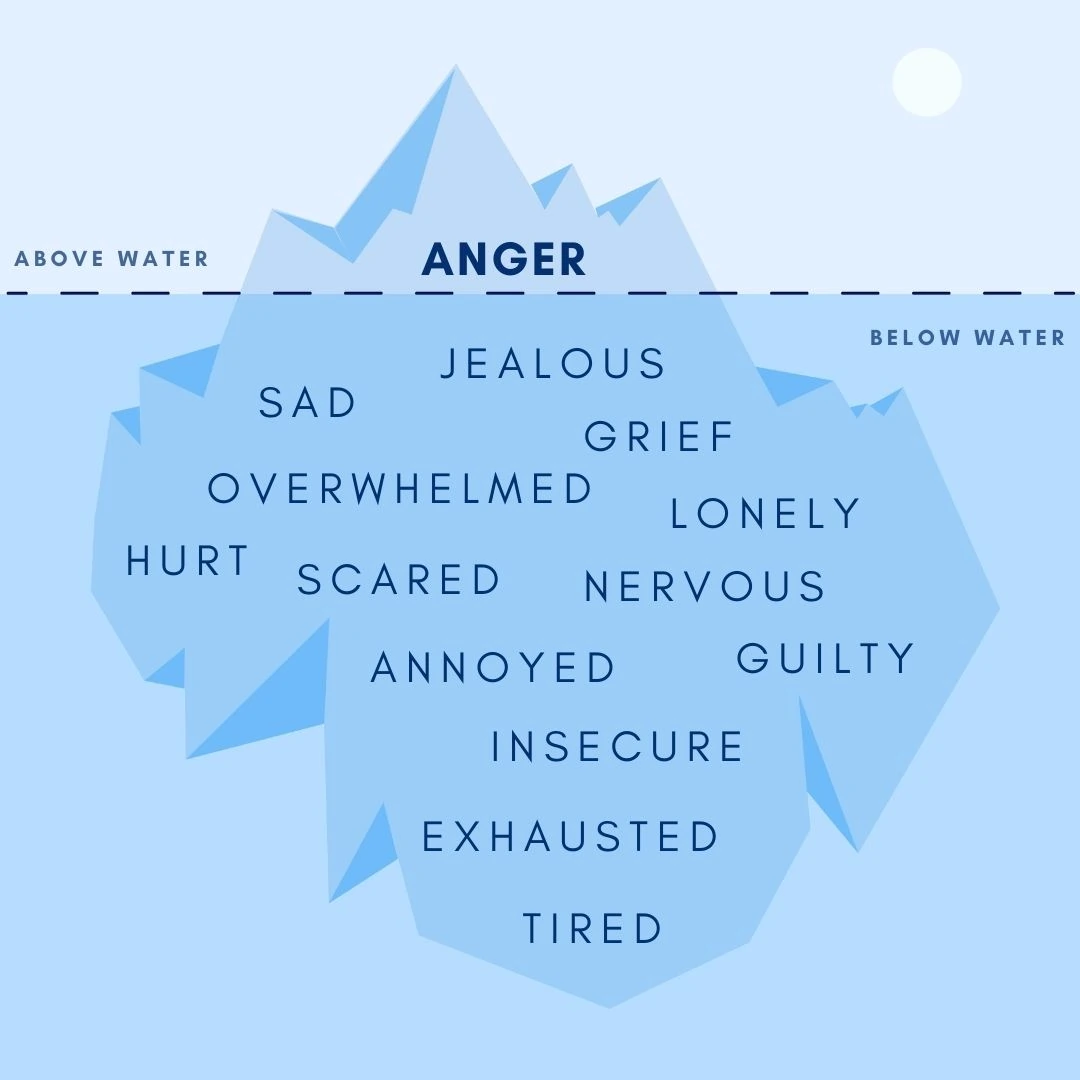
Health Bound Health Network
Have you ever experienced a time where you found yourself wondering why you are feeling so angry? Anger is a natural part of the human body’s fight, flight or freeze system (APA, 2012). Although anger is an integral part of our body’s response system, there are numerous negative outcomes that can result from feeling angry long-term. This can impact relationships with friends, family, colleagues and it might also impact an individual’s overall quality of life.
There are many emotions that can contribute to the sense of feeling angry. Anger may be the outcome of a stressful week at work, frustrating events (ie. Traffic jam), memories of traumatic events, environmental changes, dealing with the loss of a loved one, or it can be the result of an individual feeling embarrassed or disappointed in themselves. Anger may be the accumulation of many emotions an individual is experiencing all at once. It is hard to pinpoint exactly where anger may stem from. Instead, anger could be seen as an iceberg. When asking someone “why are you so angry”? You may just be chipping away at the tip of the iceberg while 90% of the issues are continuing to build up internally.
Some of the more common behavioral cues people may associate with expressing anger include, shouting, yelling or striking out physically or verbally. However, anger is not always expressed externally. Anger can have many effects on both our minds and our bodies. It may be associated with many other feelings which makes anger a difficult emotion to deconstruct and determine the underlying causes. Showing signs of anger will look different for every individual. There is most likely a number of factors and emotions contributing to an individual who is feeling angry with themselves or with others. Often times, it is when people do not possess the necessary coping strategies to deal with these emotions which build up and can be expressed as anger.
Management Strategies:
Trying to recognize your own personal signs of when you are starting to feel angry is challenging. It is important to try and deal with underlying emotions before they start to pile up and you reach the tip of the iceberg. When you start to feel overwhelmed with emotions try using some of the following coping strategies to help manage feelings of anger.
-
- Communication – Sometimes just talking to others out loud can help with expressing stressful events that are occurring in your life.
- Exercise – Scheduling a little bit of physical activity throughout your day can help reduce stress and anxiety.
- Prioritize Activities you Enjoy – It is easy to add items to our “To Do” list, but we should also ensure we are prioritizing activities that bring us enjoyment and happiness.
- Find alternatives – If you recognize that getting stuck in traffic everyday makes you frustrated and annoyed, try mapping out different routes that are more scenic. You could also try modifying your work schedule.
- Relaxation – Common relaxation techniques include deep breathing exercises, guided imagery, progressive muscle relaxation and yoga. Be sure to ask your therapist about some of these techniques.
- Find Distractions – Listening to music, reading your favourite book, journaling, or spending time with friends and family can be great distractions from your regular day to day life.
- Changing negative thought patterns – It is easy to fall into the habit of using terms such as “always” or “never” when talking about frustrating events in your life. For example, if you’re thinking “Why can I never hand in my work on time” instead you could try telling yourself “I would like to set a goal of handing in this assignment by this date next week”.
Resources
American Psychological Association. (2012, January 1). How to recognize and deal with anger. http://www.apa.org/topics/anger/recognize
Strategies for controlling your anger: Keeping anger in check. (n.d.).
https://www.apa.org/helpcenter/controlling-anger
Photo Resource: https://cerebral.com/care-resources/anger-iceberg

